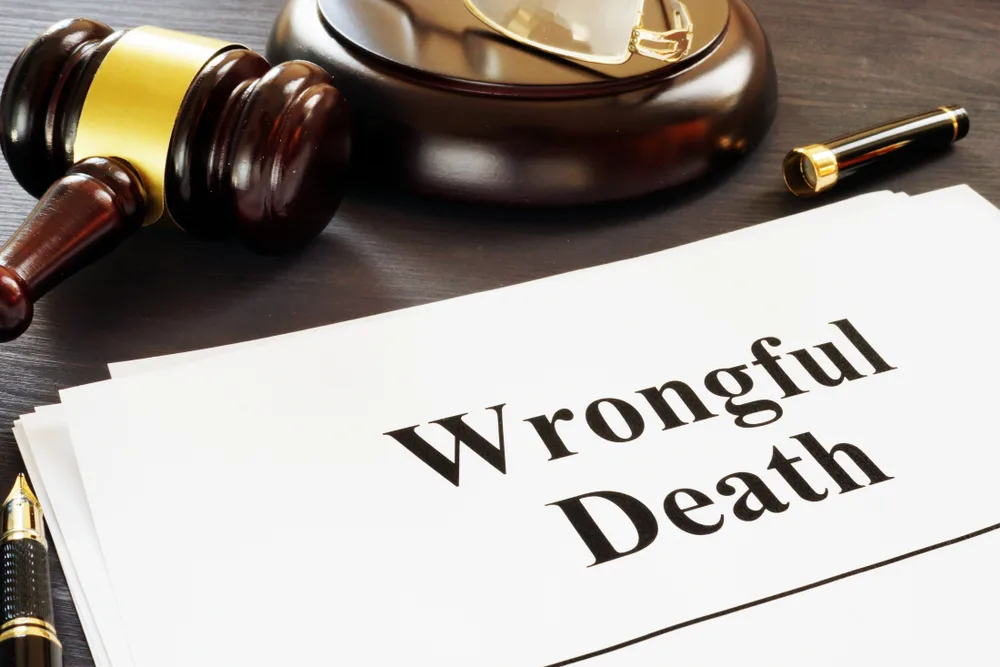Losing a loved one is an incredibly painful experience, made even harder when their death results from someone else’s negligence or wrongdoing. In such heartbreaking situations, families often seek the guidance of a wrongful death attorney in Houston, TX, to pursue justice and fair compensation. Understanding the types of damages you may be eligible for is a crucial first step in navigating this challenging legal journey.
Understanding Wrongful Death Claims
A wrongful death claim is a civil lawsuit filed by the surviving family members or the estate of someone who has passed away due to another party’s negligence or misconduct. The purpose of this claim is twofold: to hold the responsible party accountable and to provide financial support for those left behind. These cases often stem from incidents such as car accidents, medical malpractice, workplace injuries, or defective products.
An experienced wrongful death attorney can help you understand your rights under Texas law and guide you through every step of the legal process. While no amount of compensation can ever replace the loss of a loved one, it can help ease the financial burdens and bring some measure of stability during an incredibly challenging time.
Types of Compensation Available
When pursuing a wrongful death claim, several types of compensation may be available to surviving family members. Here are the primary categories:
1. Economic Damages
Economic damages are intended to cover the financial contributions the deceased would have provided if they had lived. These can include:
- Lost income and benefits: Future earnings, bonuses, pensions, and retirement benefits.
- Medical expenses: Bills related to the final injury or illness.
- Funeral and burial costs: Reasonable expenses incurred in laying the loved one to rest.
- Loss of inheritance: What survivors might have expected to inherit had the individual lived a normal lifespan.
Economic damages are easier to calculate as they involve tangible financial losses and future earnings. Wrongful death attorneys often work with financial experts to assess these losses accurately.
2. Non-Economic Damages
Non-economic damages compensate for the emotional suffering and personal loss endured by surviving family members. These can include:
- Loss of companionship and love: The emotional support and relationship lost due to the death.
- Loss of care, maintenance, and services: Contributions the deceased would have made at home.
- Mental anguish: Emotional pain and suffering experienced by survivors.
- Loss of parental guidance: For children who lose a parent, the loss of nurturing and guidance is recognized.
Calculating non-economic damages is more subjective, but equally important. Jurors are often asked to place a value on the profound emotional impacts families face after losing a loved one.
3. Punitive Damages
Punitive damages may be awarded in some cases, not to compensate the family, but to hold the wrongdoer accountable for reckless or malicious actions. Rare but impactful, these damages deter gross negligence or intentional harm. Consulting a wrongful death attorney is key to exploring this option, as it can significantly increase compensation in cases of extreme misconduct.
Who Can File a Wrongful Death Claim?
In Texas, only certain individuals can file a wrongful death lawsuit, typically the deceased’s spouse, children, or parents. If they don’t act within three months, the estate’s executor or administrator can file instead. Working with an experienced wrongful death attorney ensures the right parties file the claim and meet all legal deadlines.
Why Legal Help is Essential
Handling a wrongful death claim alone can be overwhelming, especially during a time of grief. An experienced attorney can provide crucial support by managing the legal process for you. They can guide you through gathering evidence, calculating damages, negotiating settlements, or representing you in court if needed. Choosing a compassionate and skilled legal team can strengthen your case and give you the space to focus on healing and honoring your loved one.
Conclusion
Losing a loved one due to negligence is a heartbreaking and overwhelming experience. However, understanding your legal rights can help you seek justice and secure financial support. Families may be eligible for compensation covering economic losses, emotional pain, and, in certain cases, punitive damages. Working with an experienced wrongful death attorney provides compassionate guidance during this difficult time, while ensuring your family’s rights are protected and your loved one’s memory is honored.

